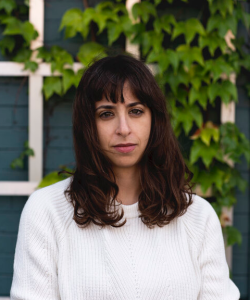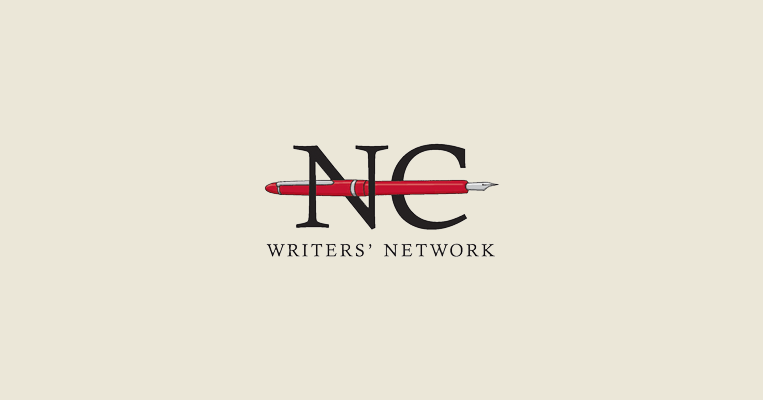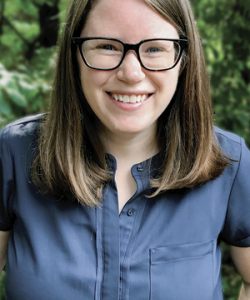The final fiction and nonfiction contests of 2019—and the first of 2020—are approaching their close. With deadlines from December 30 to January 2, these awards include a residency on the Oregon coast and fellowships at a California university; all feature a prize of $1,000 or more. Here’s to another year of literary opportunities, writers!
Ashland Creek Press Siskiyou Prize for New Environmental Literature: A prize of $1,000 is given for an unpublished or published book of fiction or creative nonfiction that focuses on the environment, animal protection, ecology, or wildlife. The winner also receives a two-week residency at the Sitka Center for Art and Ecology, located on the central Oregon coast. Carol J. Adams will judge. All unpublished entries are considered for publication. Deadline: December 31. Entry fee: $25.
Bayou Magazine Fiction Prize: A prize of $1,000 and a subscription to Bayou Magazine are given annually for a poem and a short story. Deadline: January 1. Entry fee: $20.
Before Columbus Foundation American Book Awards: Awards are given annually for books published in the United States during the previous year to recognize “outstanding literary achievement from the entire spectrum of America’s diverse literary community.” Anyone, in addition to writers and publishers, may submit nominations for the awards. Deadline: December 31. Entry fee: none.
Black Caucus of the American Library Association Literary Awards: Four prizes of $500 each are given annually for a poetry collection, a first novel, a book of fiction, and a book of nonfiction (including creative nonfiction) by an African American writer published in the United States in the previous year. The awards honor books that depict the “cultural, historical, and sociopolitical aspects of the Black Diaspora.” Deadline: December 31. Entry fee: none.
Boulevard Short Fiction Contest: A prize of $1,500 and publication in Boulevard is given annually for a short story by a writer who has not published a nationally distributed book. Deadline: December 31. Entry fee: $16, which includes a subscription to the magazine.
Cleveland Foundation Anisfield-Wolf Book Awards: Three to four prizes of $10,000 each are given annually for a poetry collection, a book of fiction, and a book of nonfiction (including creative nonfiction) published during the previous year that “contribute to our understanding of racism and appreciation of human diversity.” Rita Dove, Henry Louis Gates Jr., Joyce Carol Oates, Steven Pinker, and Simon Schama will judge. Deadline: December 31. Entry fee: none.
Florida Review Jeanne Leiby Memorial Chapbook Award: A prize of $1,000 and publication by Florida Review is given annually for a chapbook of short fiction, short nonfiction, or graphic narrative. Deadline: December 31. Entry fee: $25.
Lascaux Review Prize in Short Fiction: A prize of $1,000 and publication in Lascaux Review is given annually for a short story. The winner and finalists will also be published in the 2020 Lascaux Prize Anthology. Deadline: December 31. Entry fee: $15.
Livingston Press Tartt Fiction Award: A prize of $1,000, publication by Livingston Press, and 100 author copies is given annually for a first collection of short stories by a U.S. citizen. Deadline: December 31. Entry fee: none.
Mississippi Review Prizes in Fiction and Nonfiction: Two prizes of $1,000 each and publication in Mississippi Review are given annually for a short story and an essay. Current or former University of Southern Mississippi students are ineligible. Deadline: January 1. Entry fee: $16, which includes a copy of the prize issue.
Neukom Institute for Computational Science: Two prizes of $5,000 each will be given annually for a debut book of speculative fiction and a book of speculative fiction published during the previous year. Winners must be able to receive the award at an event at Dartmouth College in fall 2020; all travel expenses will be covered. Deadline: December 31. Entry fee: none.
New Rivers Press Many Voices Project Competition: Two prizes of $1,000 each, publication by New Rivers Press, and 15 author copies are given annually for a poetry collection and a book of fiction or creative nonfiction by an emerging writer. Writers who have not published more than two full-length books are eligible. Deadline: December 31. Entry fee: $25.
North Carolina Writers’ Network Jacobs/Jones African American Literary Prize: A prize of $1,000 and possible publication in the Carolina Quarterly is given annually for a short story or an essay that “conveys the rich and varied existence of Black North Carolinians.” Black writers who live in North Carolina are eligible. Bridgette A. Lacy will judge. Deadline: January 2. Entry fee: $20.
Nowhere Magazine Travel Writing Contest: A prize of $1,000 and publication in Nowhere Magazine is given twice yearly for a poem, a short story, or an essay that “possesses a powerful sense of place.” Porter Fox will judge. Unpublished and published pieces that have not already been chosen as a contest winner are eligible. Deadline: January 1. Entry fee: $25.
Press 53 Award for Short Fiction: A prize of $1,000, publication by Press 53, and 50 author copies is given annually for a story collection. Kevin Morgan Watson will judge. Deadline: December 31. Entry fee: $30.
River Styx Micro-Fiction Contest: A prize of $1,500 and publication in River Styx is given annually for a short short story. Deadline: December 31. Entry fee: $15, which includes a copy of the prize issue.
San José State University Steinbeck Fellowships in Creative Writing: Yearlong residencies at San José State University in San José, California, which include a stipend of $15,000 each, are given annually to fiction writers and creative nonfiction writers. The fellows will give one public reading each semester and must live in the San José area during the academic year. Deadline: January 2. Entry fee: none.
Three Percent Best Translated Book Awards: Two awards of $10,000 each are given annually for a poetry collection and a short story collection or novel translated into English for the first time and published in the previous year. The winning author will receive $5,000; the translator or translators will receive $5,000. Nancy Naomi Carlson, Patricia Lockwood, Aditi Machado, Laura Marris, and Brandon Shimoda will judge in poetry; Elisa Wouk Almino, Pierce Alquist, Hailey Dezort, Louisa Ermelino, Hal Hlavinka, Keaton Patterson, Christopher Phipps, Lesley Rains, and Justin Walls will judge in fiction. Deadline: December 31. Entry fee: none.
Virginia Commonwealth University Cabell First Novelist Award: A prize of $5,000 is given annually for a first novel published during the previous year. The winner and two additional guest panelists (usually the winner’s agent and editor) will also receive lodging and travel expenses to attend the First Novelist Award Night at Virginia Commonwealth University in fall 2020. A committee of novelists and critics will judge. Deadline: December 30. Entry fee: none.
Visit the contest websites for complete guidelines, and check out the Grants & Awards database and Submission Calendar for more contests in poetry, fiction, and creative nonfiction.







